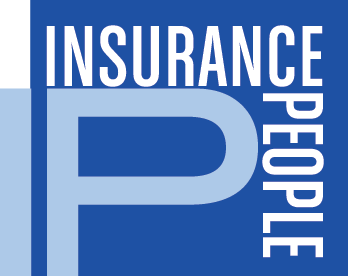By Philip S. Adkins JD
Most charter school board members are concerned about their potential liability for actions they take as directors of a charter school. There are two things that afford board members protection from successfully being sued in North Carolina. First, the state legislature, recognizing that citizens would not serve as non-profit directors without protection, included a grant of immunity in the North Carolina Non-profit Corporations Act. NCGS 55A-8-60 provides immunity from a lawsuit. However, you can lose your immunity through your actions or failure to act as a director or officer. I will address in another article.
The second protection for a charter school director or officer is purchasing Directors and Officers insurance (D&O insurance) as a part of the school’s insurance coverage. D&O insurance does two things if the school and its board of directors gets sued. The insurance company will provide an attorney to defend the board and the individual directors and officers and it will pay certain damages in the event the school is ordered to pay a judgment. Of course, you may be thinking, “that’s great but I will have still been named in a lawsuit, suffered the worry of defending against it and had the notoriety of possibly losing even though the insurance company will defend me and pay the judgment. Great!"
You are correct! That concern leads me to the third protection afforded directors and officers: being an informed and engaged board member. Unfortunately, in this country anyone can file a lawsuit, but to increase your odds of not being sued and to ensure you and your board are successful in defending against the lawsuit if you are sued, you should do the following:
- Read the charter school act located at NCGS 115C-218.1 and the following sections;
- Read your school’s Articles of Incorporation and Bylaws upon your initial election and its anniversary every year you are on the board;
- Read and follow your school’s conflict of interest policy (you should have one in place. If you don’t , the Nonprofit Corporations Act has one that applies to your nonprofit located at NCGS 55A 8-31);
- Act in good faith and in the best interest of the school and its students;
- Make sure you are getting accurate financial and administrative information, i.e. student enrollment numbers and budget information;
- Hire qualified staff, not your mother-in-law. Review employees' resumes to make sure they are qualified for the job they are being hired to fill and ensure someone checks references and performs a criminal background check;
- Pay attention to parent and teacher’s complaints as a possible indicator of a problem with the administration;
- If you disagree with a board vote make sure you vote “no”, don't just abstain. Make sure the minutes reflect you voted “no” on the issue;
- Make sure you are aware of major deadlines that affect your school and ensure someone on the board or staff will meet the deadline;
- Review any correspondence from any agency indicating the school’s failure to comply with a policy, or that an adverse action will be or has been taken against your school. Inquire into the matter with your staff and the agency;
- Read information provided to you before a board meeting and be prepared as you participate in the meeting;
- Visit the school periodically to see what is going on. Are the number of students present reflective of the enrollment numbers the administration is reporting? Are the facilities adequate? Is teaching quality at the standard you expect?;
- Seek the advice of experts where needed and make informed responsible decisions;
- Hire an attorney well-versed in charter school law and HAVE THEM ATTEND YOUR BOARD MEETINGS during which you conduct your business; and finally -
- Be an involved and knowledgeable board member.
By following these suggestions, you will be more likely to avoid a lawsuit in the first place and successfully defend yourself and your school in the event you are sued. Your insurance agent will thank you for taking these simple steps to become a knowledgeable, informed, and effective board member, and by serving on a board that provides cohesive and responsible governance to your school.
The Small Print: This article provides general legal information and should not be relied upon for individual school or personal situations. You should consult an attorney for their advice about your specific circumstances. The author is a licensed North Carolina attorney who has limited his practice to representing charter schools statewide


